Health & Social Care: Evaluating Partnership Relationships
VerifiedAdded on 2023/04/07
|17
|1407
|362
Essay
AI Summary
This essay provides a comprehensive overview of working in partnerships within the health and social care sectors. It begins by defining partnerships and highlighting their importance in achieving common goals, fostering responsibility, and ensuring clear understanding of duties. The essay then delves into the philosophies underpinning effective partnerships, including empowerment, respect, independence, informed decision-making, autonomy, and power sharing. Different types of partnership relationships are examined, such as general, multispectral, and at-will relationships, along with their respective merits and demerits. The discussion extends to the benefits of partnerships, such as increased capital, flexibility, shared responsibility, and wider skill pools, while also addressing potential barriers like communication gaps and skill disparities. Finally, the essay emphasizes the importance of evaluating partnership relationships to identify and address negative perceptions and structural barriers, advocating for standardized approaches that promote effective collaboration and service delivery.
1 out of 17

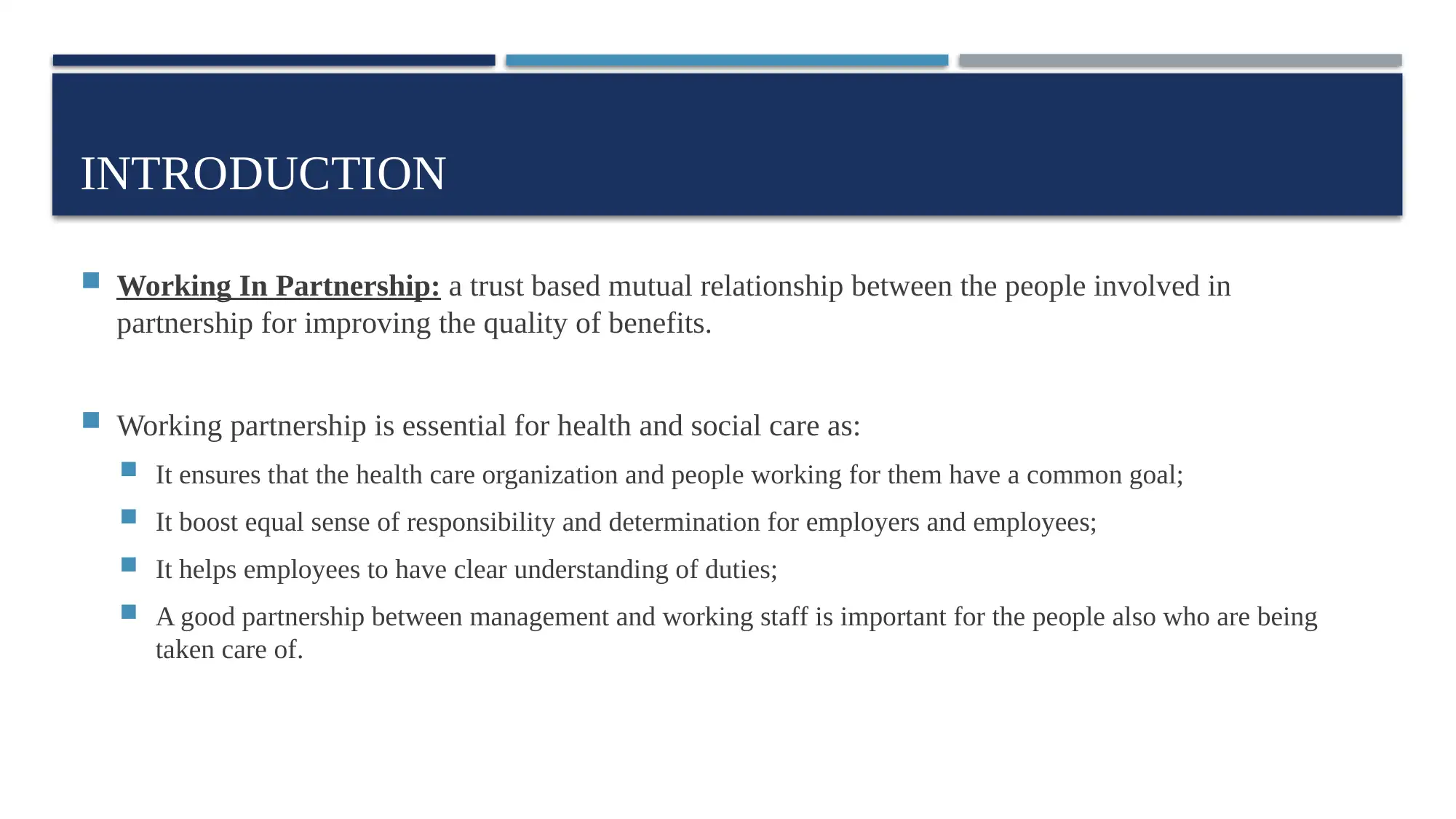
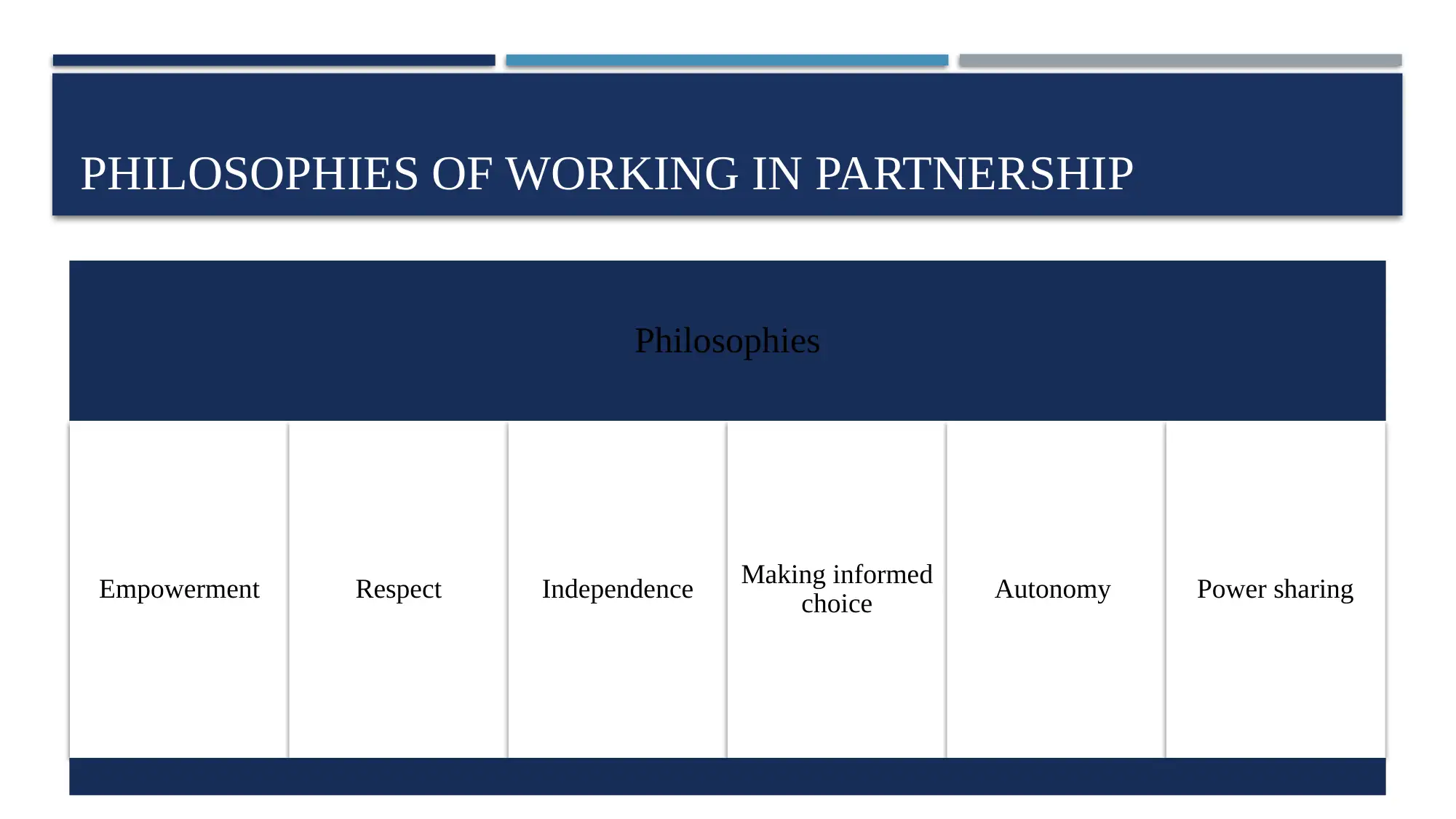

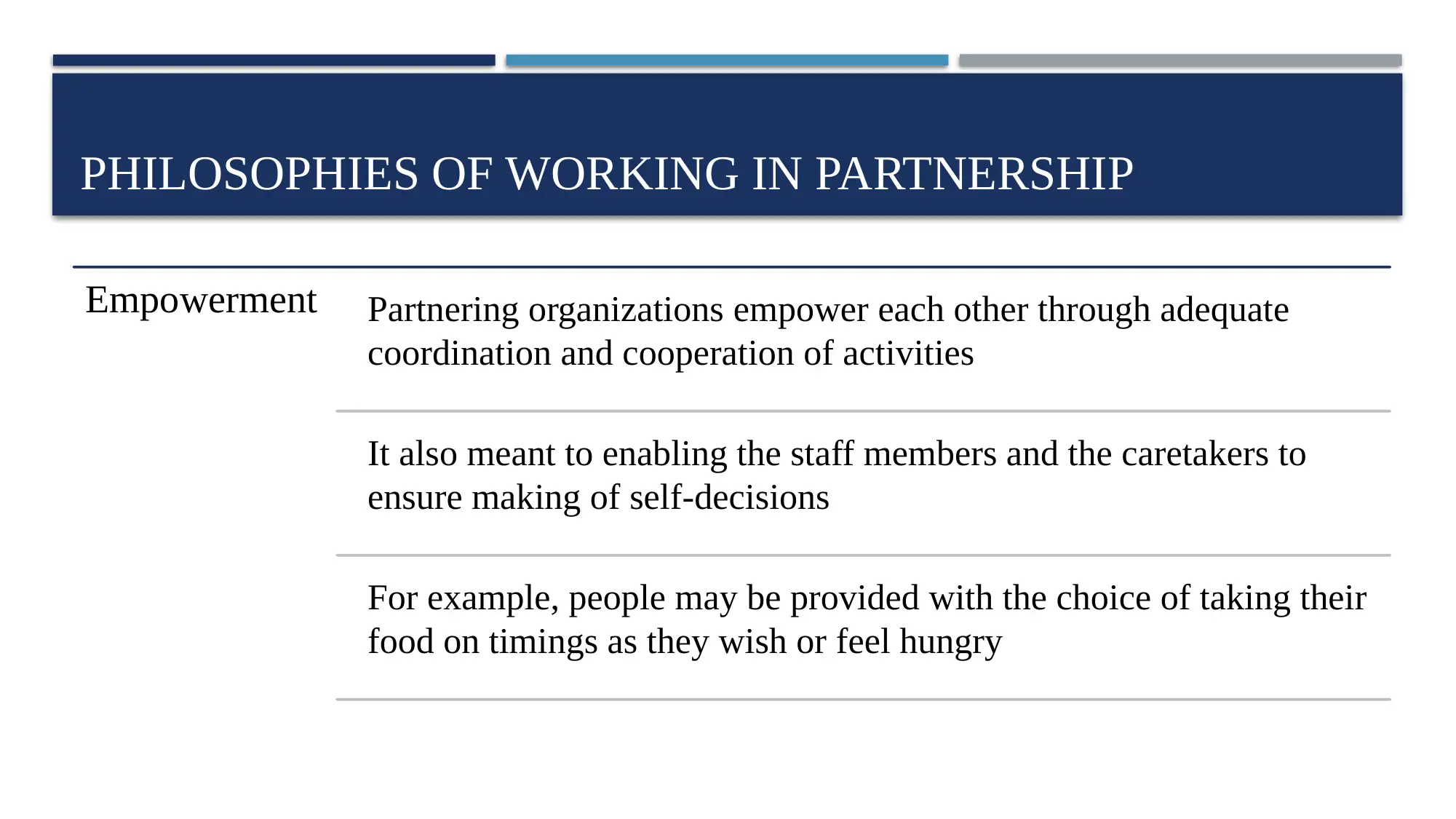
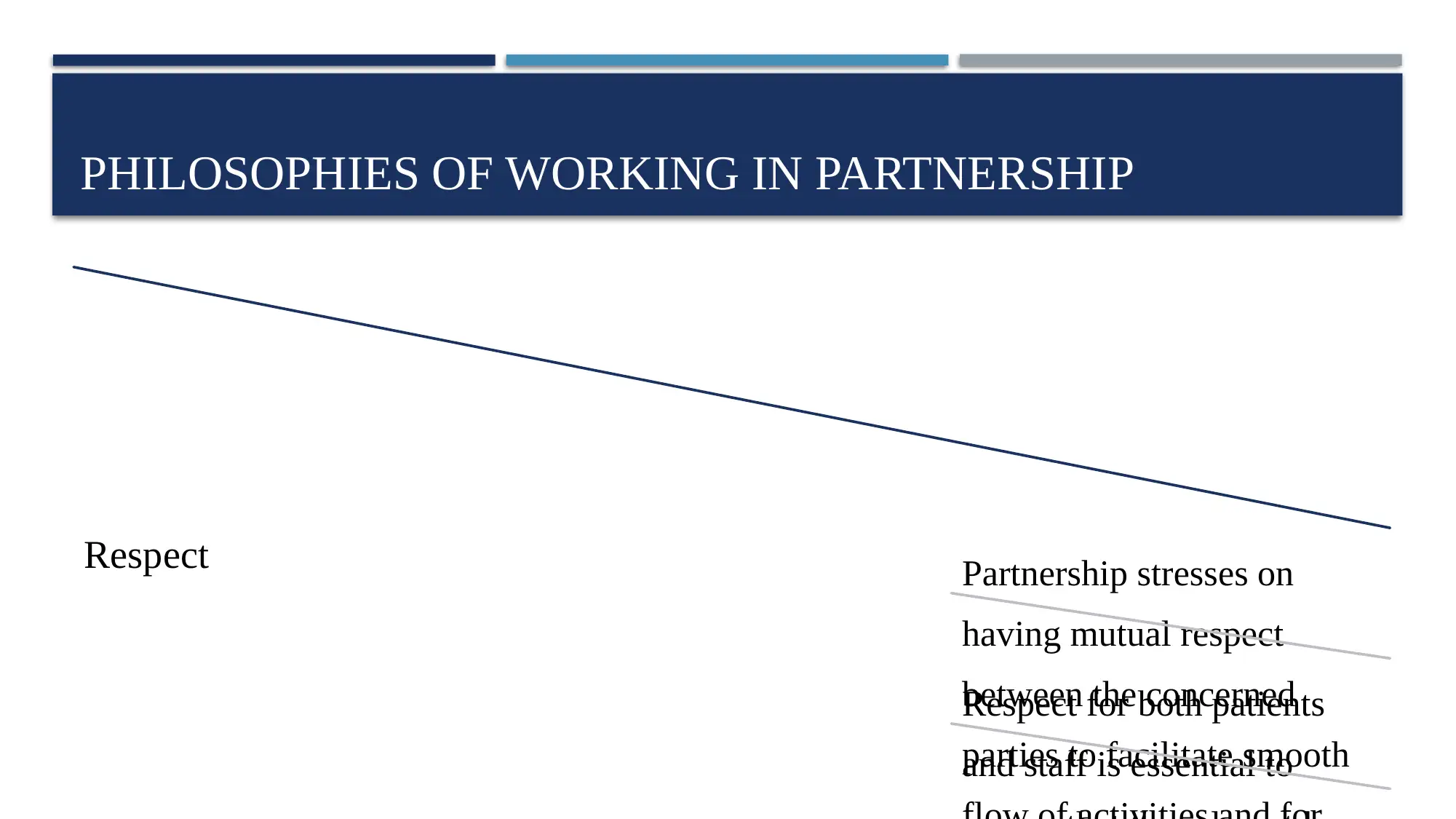
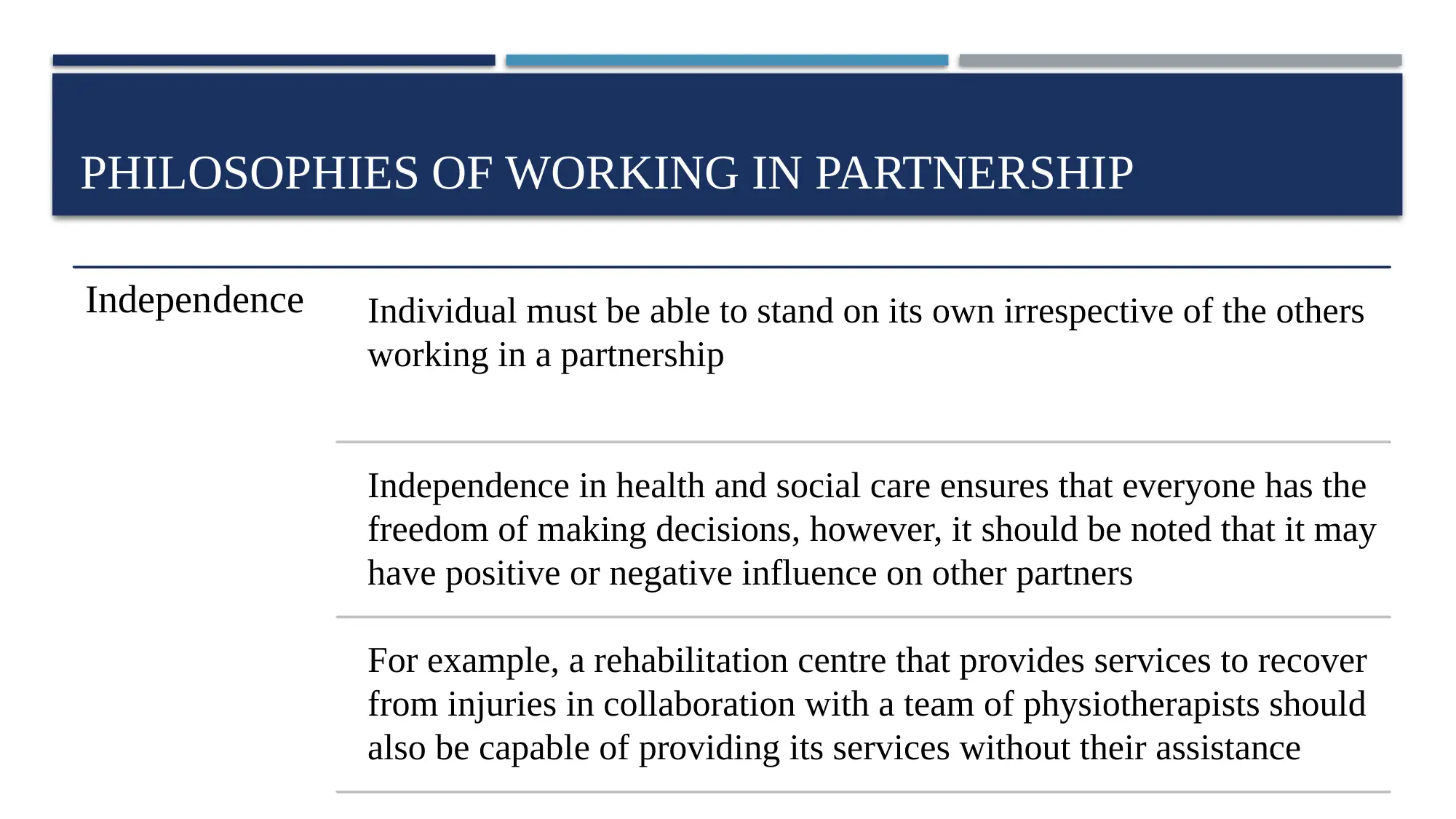
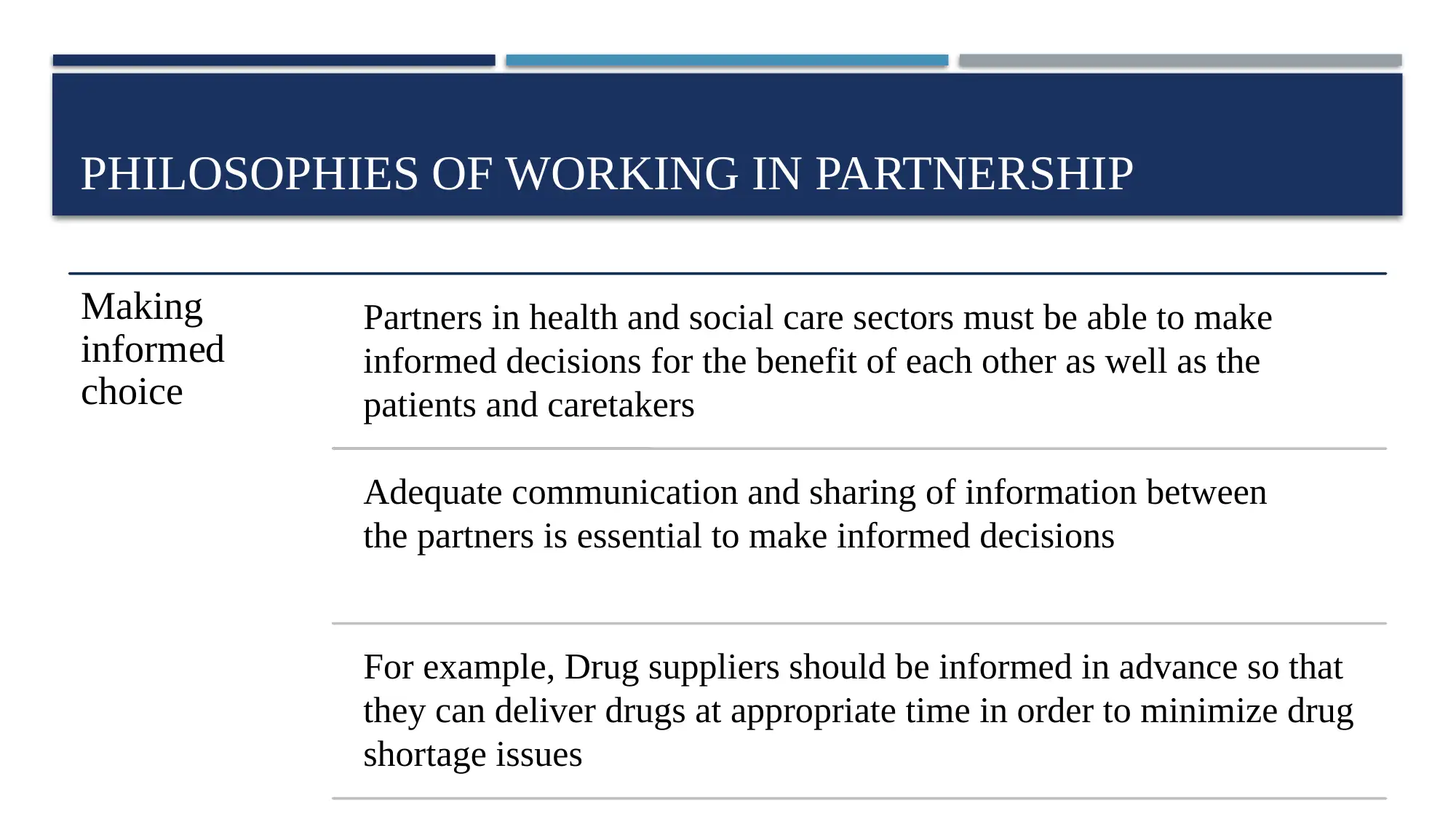
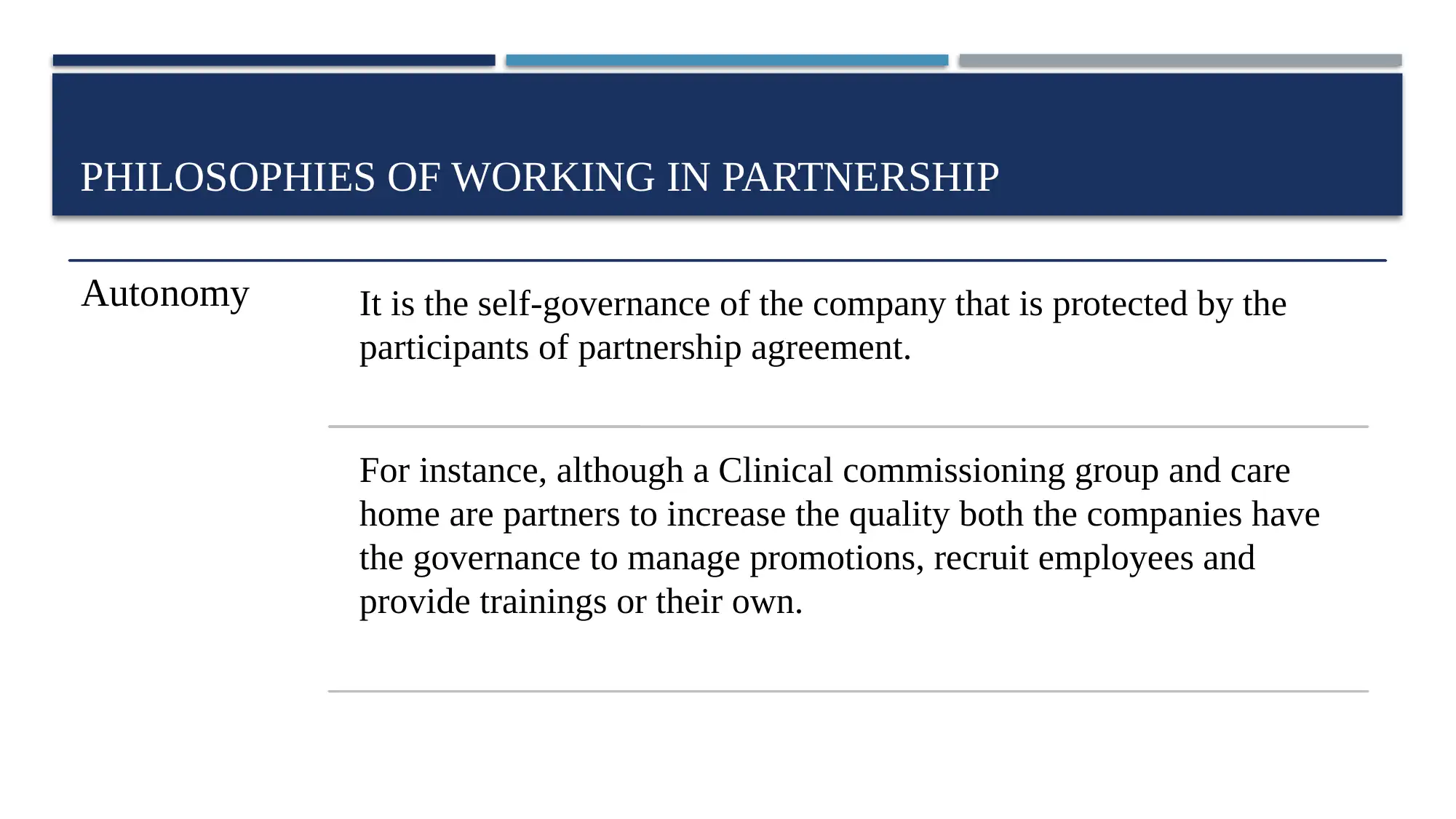
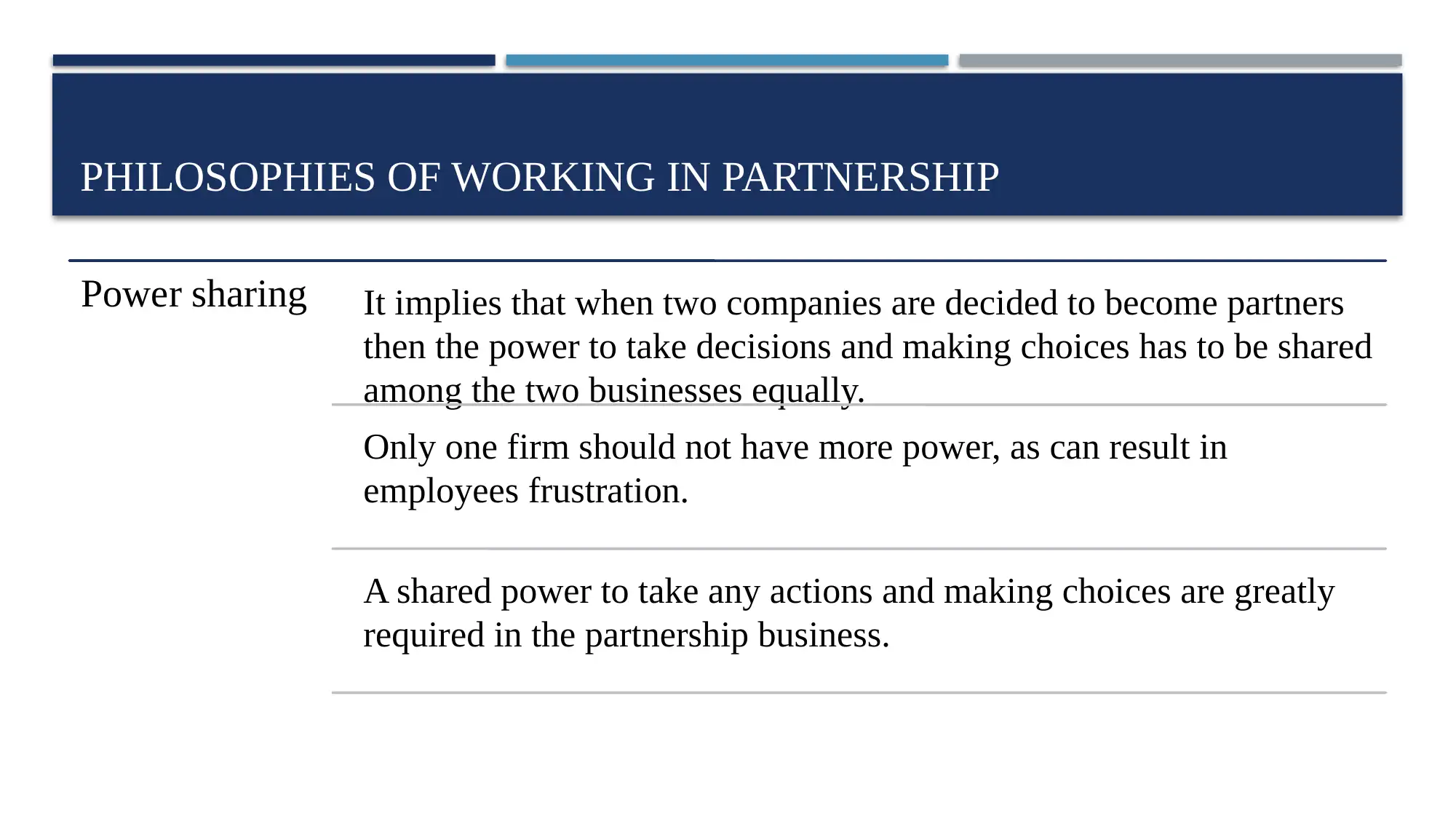
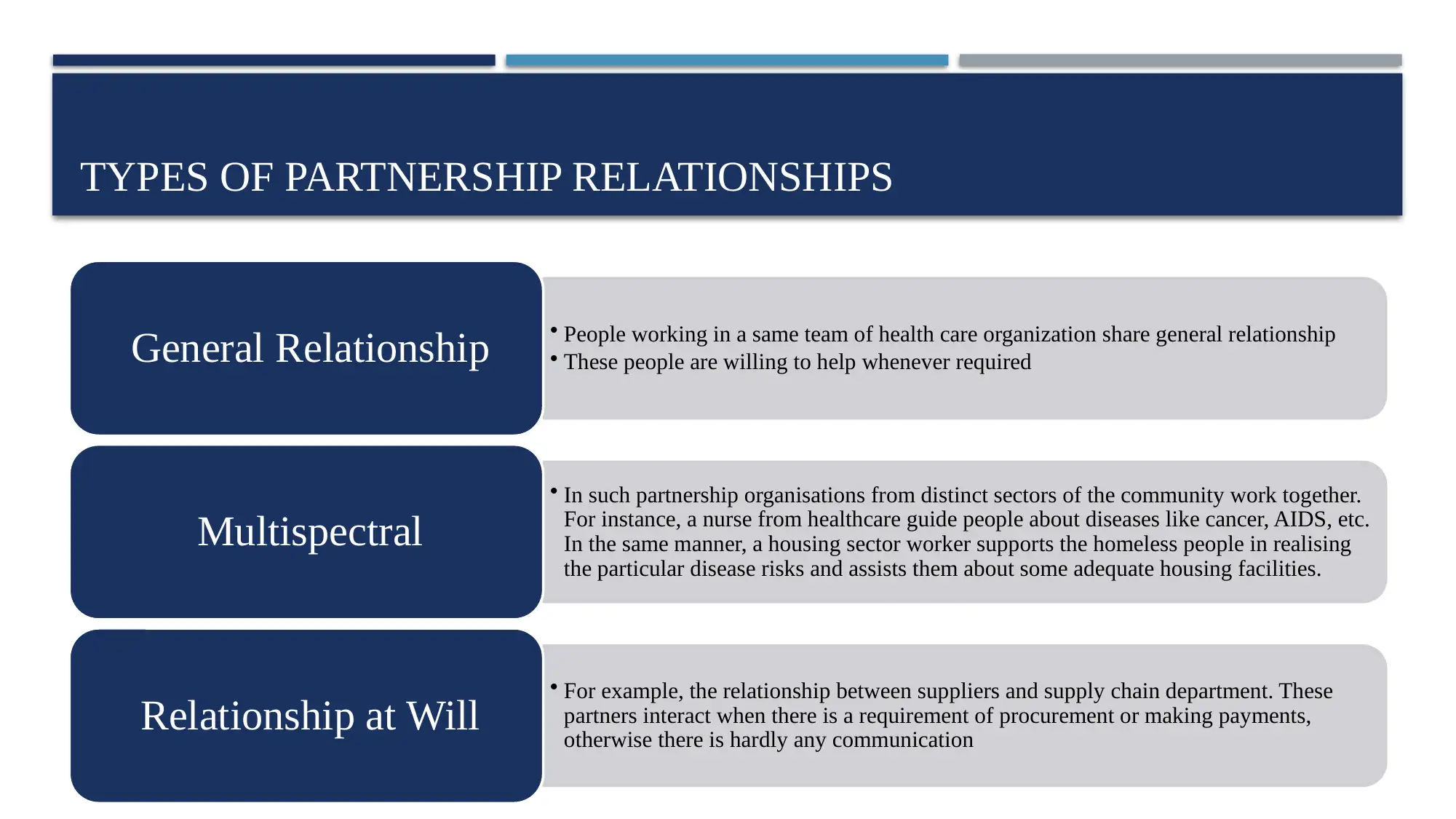
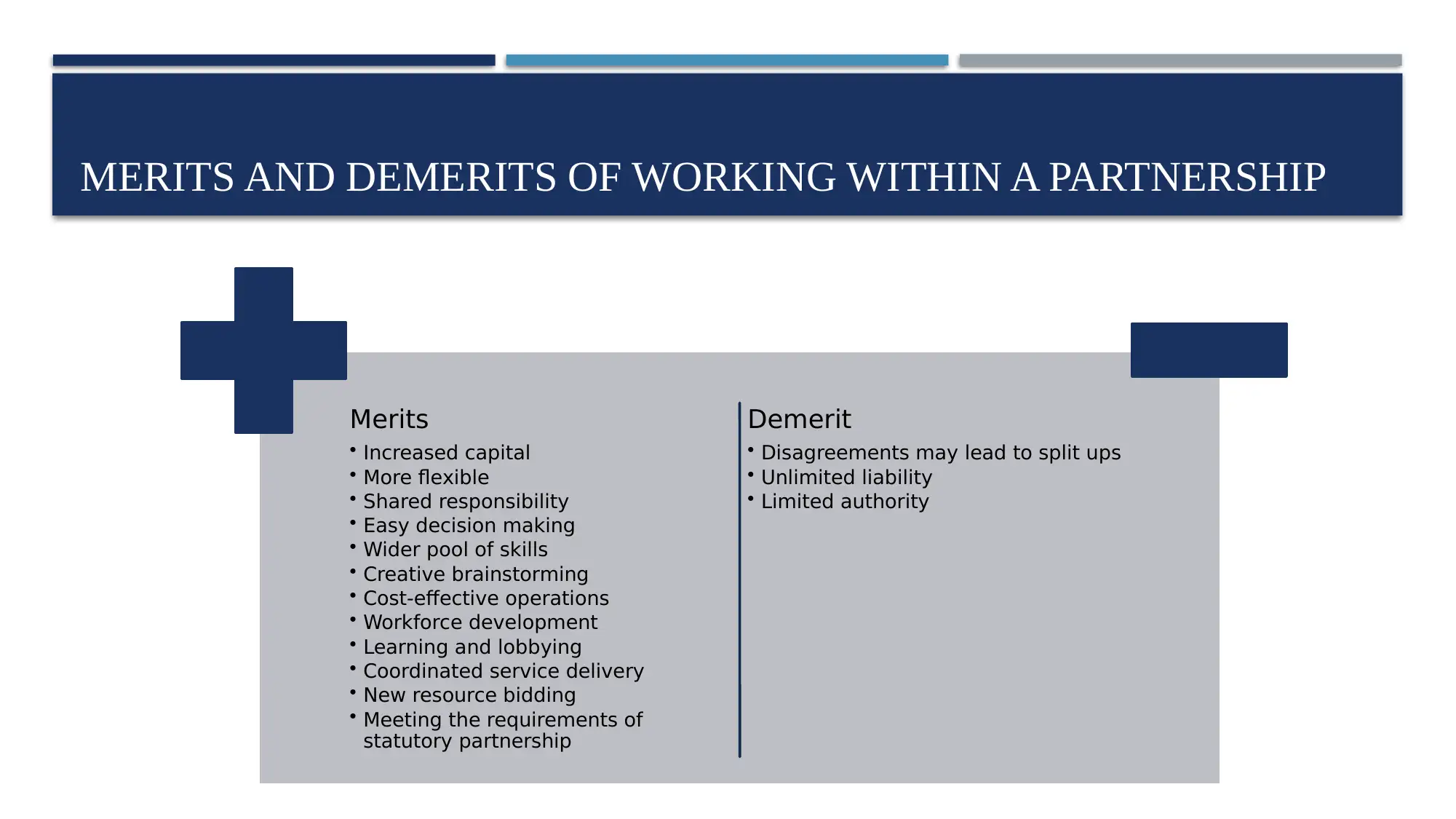
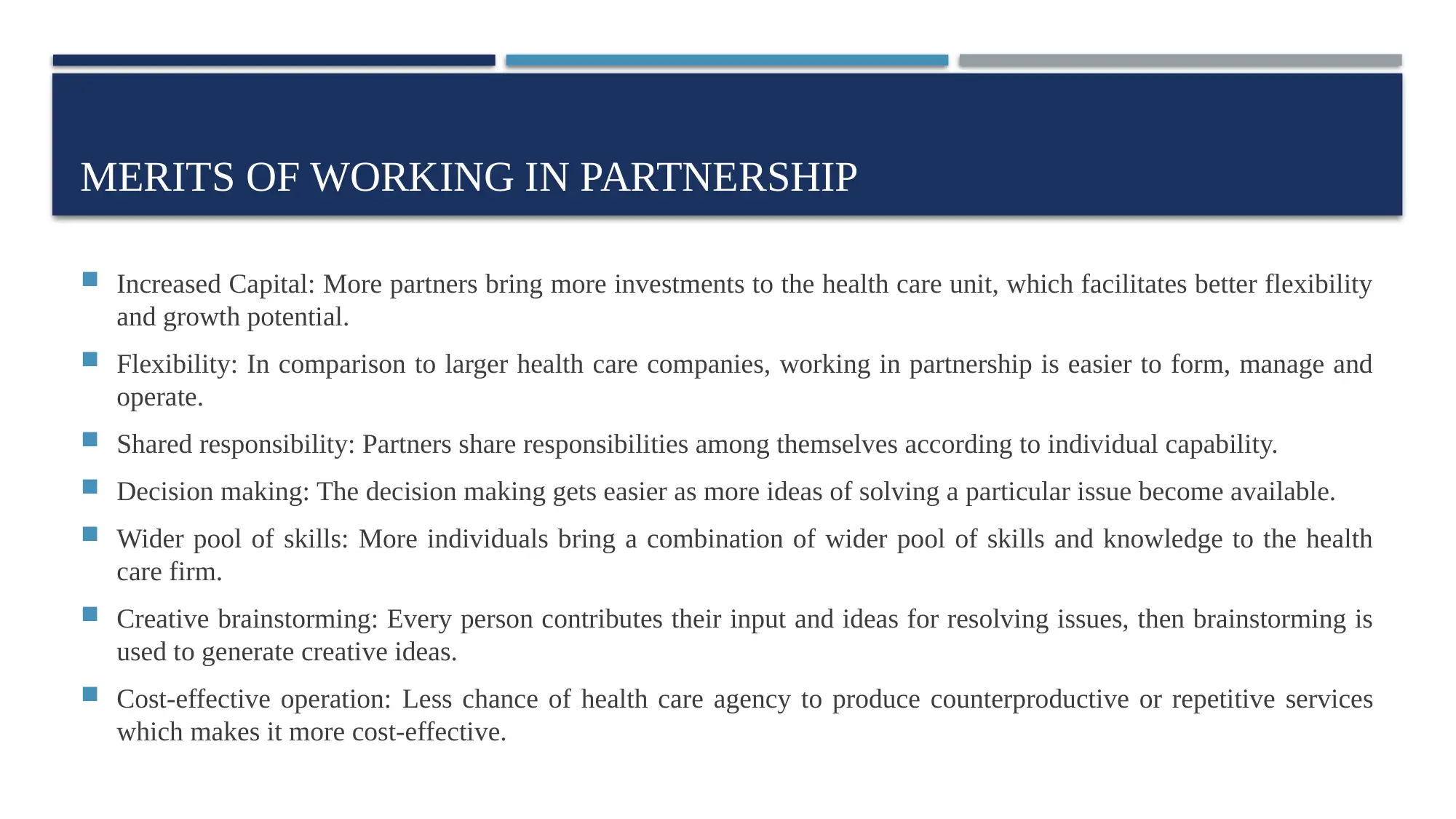





![[object Object]](/_next/static/media/star-bottom.7253800d.svg)